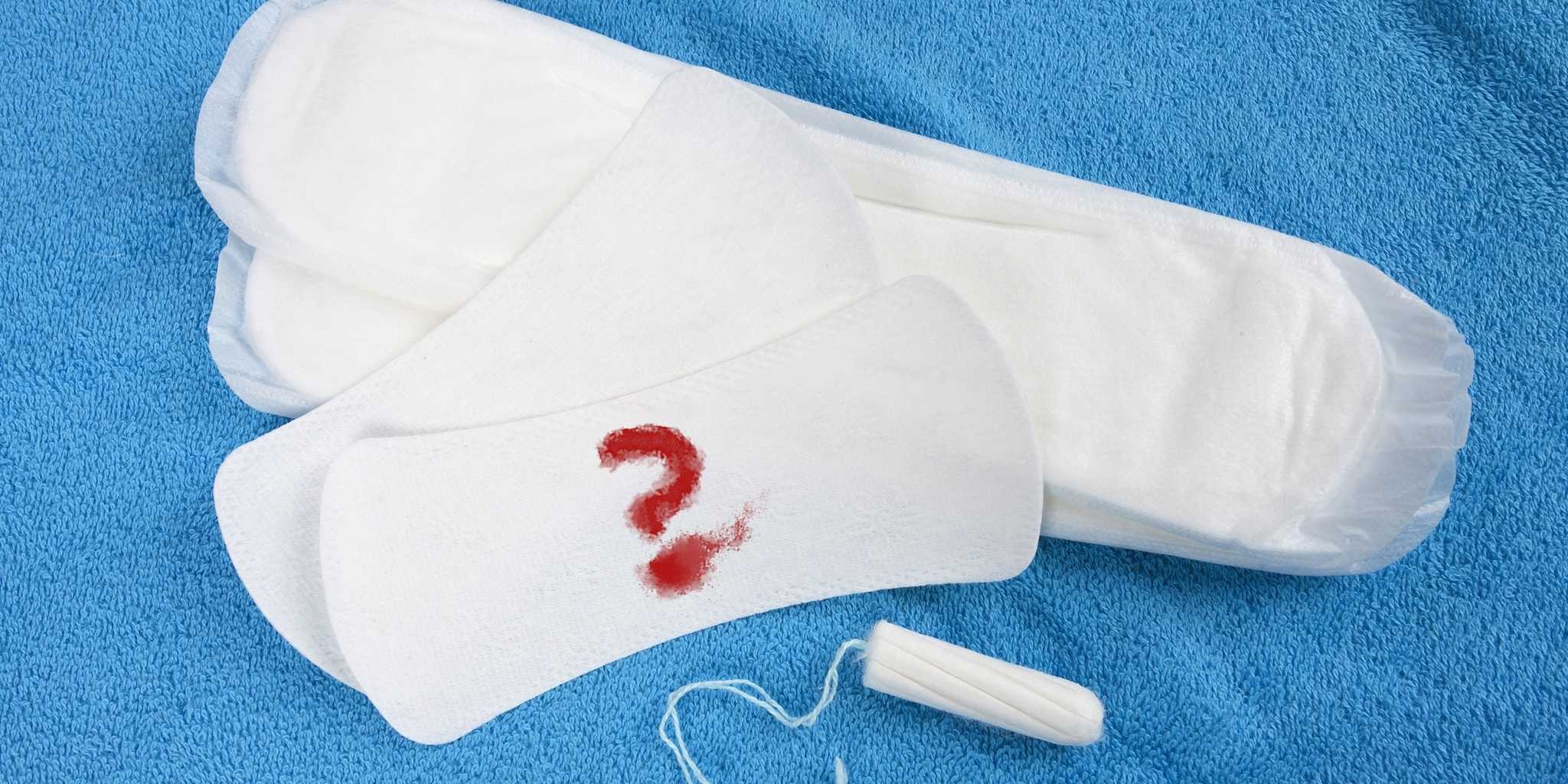Contents:
- Medical Video: Mayo Clinic Minute: Signs and symptoms of syphilis
- Symptoms of syphilis based on the stages
- 1. Primary stage
- 2. Secondary stage
- 3. Latent (hidden) stage
- 4. Final stage
Medical Video: Mayo Clinic Minute: Signs and symptoms of syphilis
Syphilis is sexually transmitted diseases which causes long-term complications if not treated properly. Syphilis signs or symptoms in adults, both men and women, differ depending on the stage, namely the primary, secondary, latent and final stages. You can get syphilis when you make direct contact with syphilis wounds while doing sex vaginal, anal, or oral. Syphilis sores can be found on the penis, vagina, anus, in the rectum, or on the lips and mouth. syphilis can also spread from infected mothers to unborn babies. To get to know the signs of syphilis in the body, both men and women, let's look at the various symptoms below!
Symptoms of syphilis based on the stages
1. Primary stage
At this stage, a wound that does not cause pain will appear in the place where the bacteria enter the body. This usually occurs within 3 weeks of exposure, with a range of 10-90 days. A person can be very contagious during this primary stage.
- In men, these sores often appear in the genital area, usually (but not always) on the penis. This wound often causes pain.
- In women, the wound can develop on the outside of the genitals or on the inside of the vagina. Chancre is usually not known if it occurs in the vagina or on the surface of the uterus. Wounds are usually painless and not easily visible.
- Development of lymph nodes can occur in the area around the wound.
- Wounds can also occur in other parts of the body besides sex.
- Wounds usually last for 3-6 weeks, and can heal without treatment, but will leave a thin wound. Even though the wound has healed, it does not mean that syphilis also disappears and a person can still transmit syphilis to other people in this condition.
2. Secondary stage
This stage is characterized by a rash that appears for 2-12 weeks after the wound develops and sometimes even before it heals. Other symptoms may occur, which means that the infection has spread throughout the body. A person will also be very contagious at the secondary stage. Rashes often develop throughout the body and generally include the palms and feet.
- The rash usually looks reddish brown, small, dense, flat or raised on the skin less than 2 cm. However, it looks like a normal skin problem.
- Open small wounds can be present in the mucous membrane. Pus-filled wounds or moist wounds such as warts can also be present.
- In people with dark skin, the color of the wound may look brighter than the surrounding skin.
- Skin rashes usually heal within 2 months on their own without scars. After healing, skin discoloration can occur. However, even though the wound has healed, syphilis will still spread to others.
When syphilis spreads throughout the body, people may have:
- Fever (usually no more than 38.3 ° C).
- Sore throat.
- Feeling weak and uncomfortable in a faint manner.
- Decline weight.
- Hair loss, especially on the eyebrows, eyelashes and scalp.
- Swelling lymph gland.
- Stiff neck, headache, easy to get angry, paralyzed, inappropriate reflexes, and irregular eyeball movements.
3. Latent (hidden) stage
If left untreated, people will progress to the latent stage. This is the stage after someone is infected. After the rash in the secondary stage disappears, a person will not have any symptoms for some time (latent stage). This stage may be as short as one year or can range from 5-20 years.
During this stage, an accurate diagnosis can only be made through blood tests, a person's experience, or the birth of a child with congenital syphilis. A person will transmit the virus during the initial period of the latent stage and may also be contagious during the latent stage if there are no symptoms present.
4. Final stage
This is the most contagious stage of syphilis. If left untreated, this final stage may appear early, ie 1 year after being infected or at any time during his life. A person with syphilis may never reach this stage. This stage will cause serious blood vessel and heart problems, mental disorders, blindness, nervous system problems, and even death. The final stage signs depend on the complications that develop. These complications include:
- Gummata, a large wound in the body or on the skin.
- Cardiovascular syphilis, which affects the heart and blood vessels.
- Neurosyphilis, which affects the nervous system.
READ ALSO:
- Detect Early Symptoms of HIV and AIDS
- When I Should Have a Gender Test
- 4 Myths and Facts About Gender












